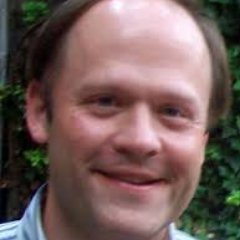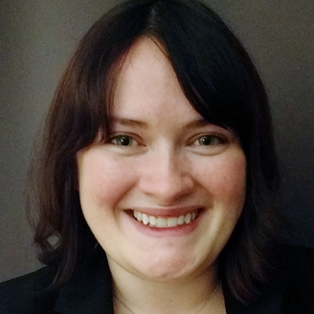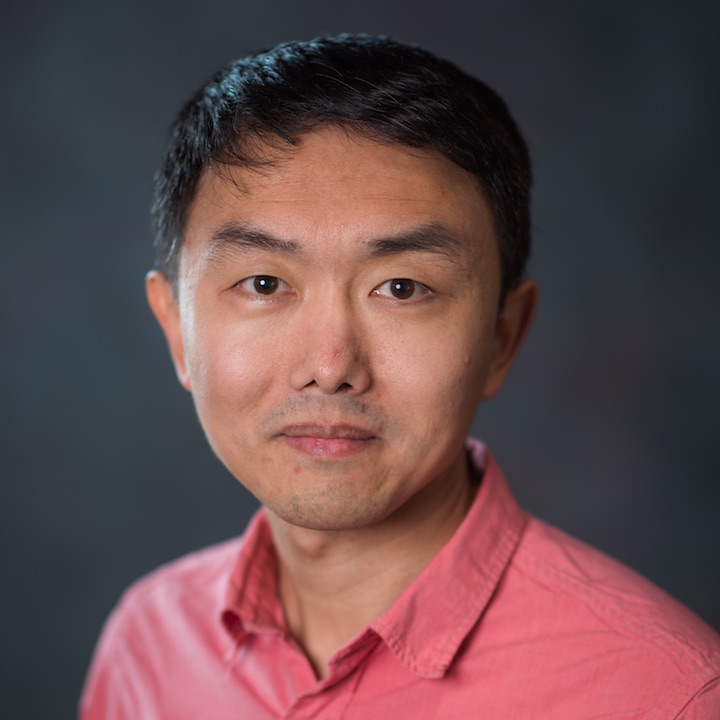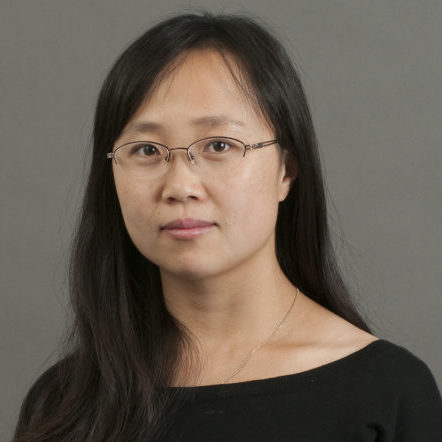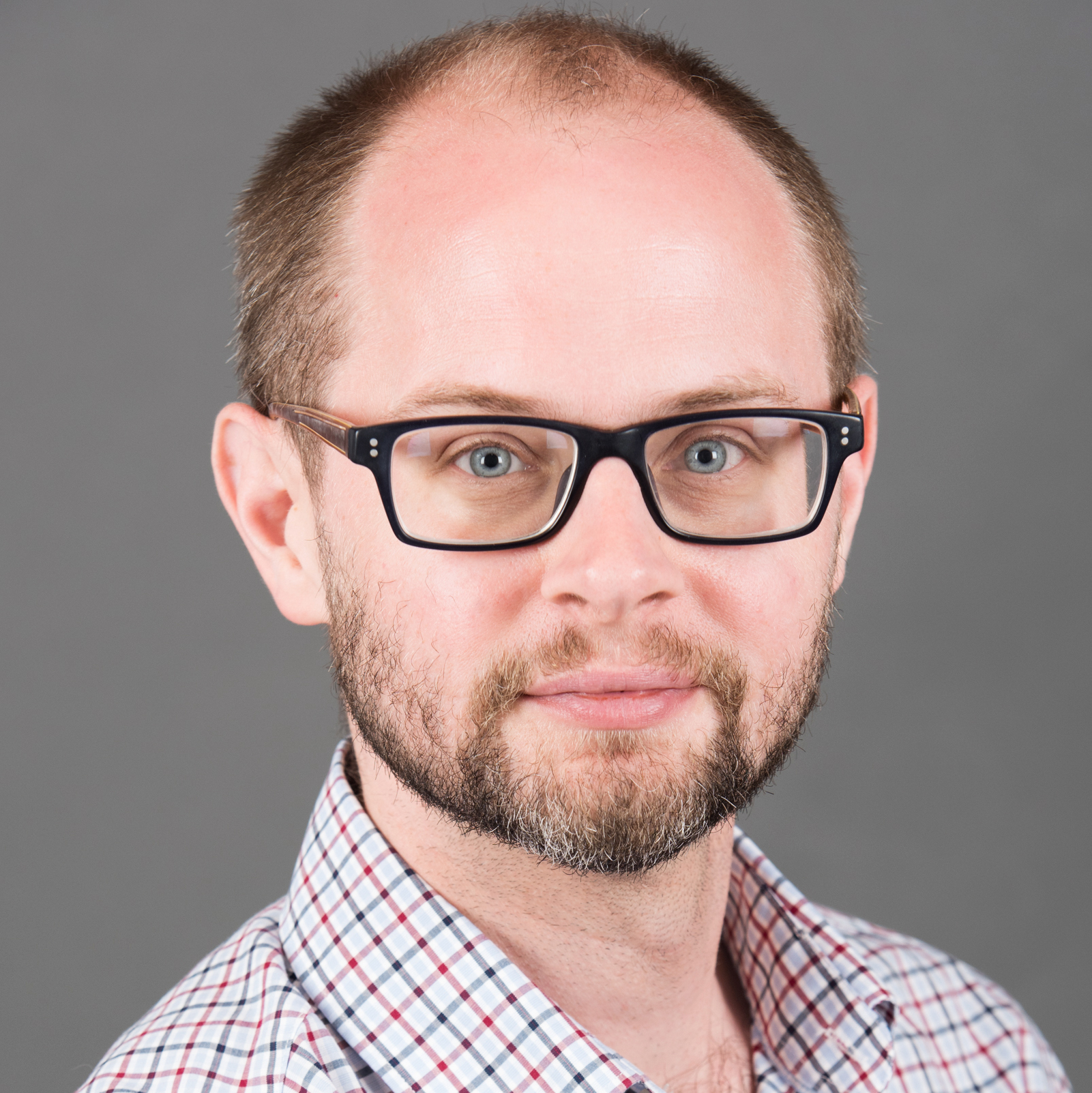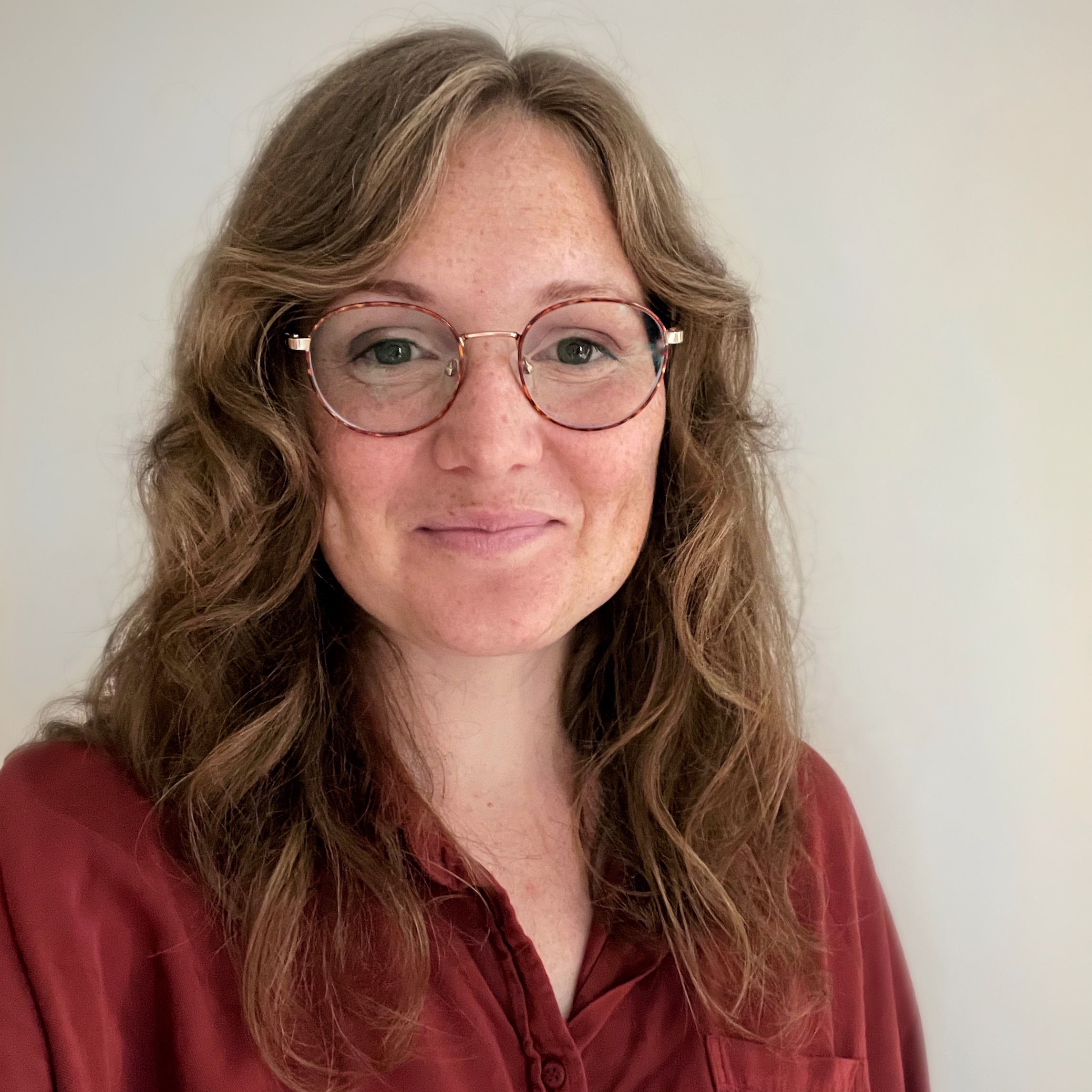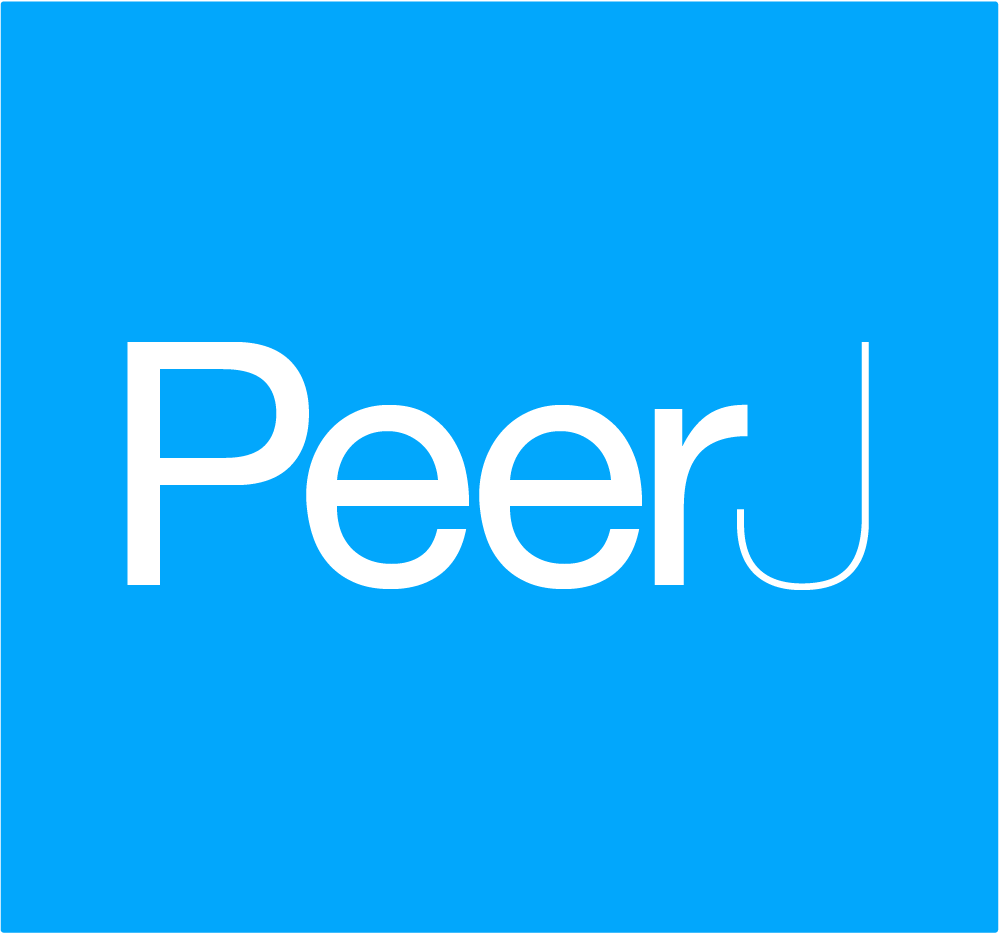Bioconductor conference, August 2-4, 2023
Hybrid format, Dana-Farber Cancer Institute, Boston, MA
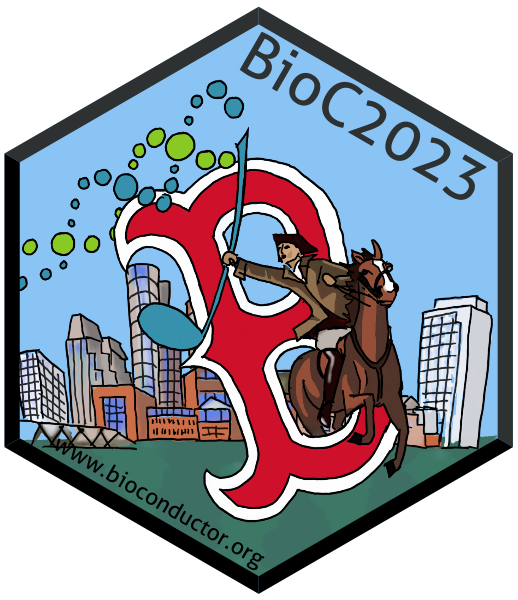
Bioconductor conference, August 2-4, 2023
Current developments within and beyond the Bioconductor project
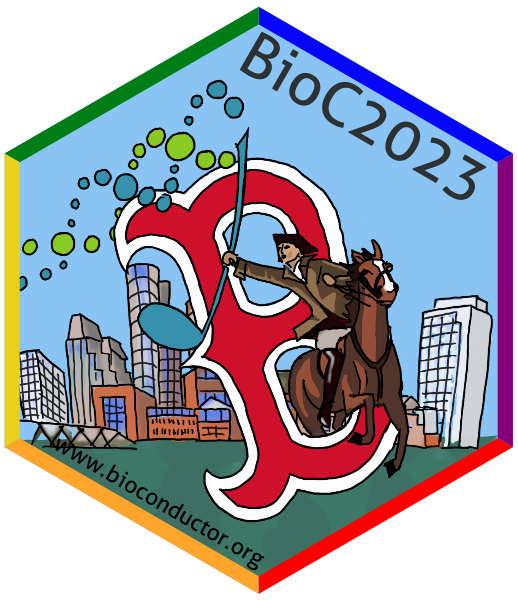
Bioconductor conference, August 2-4, 2023
Workshops, keynote presentations, and more
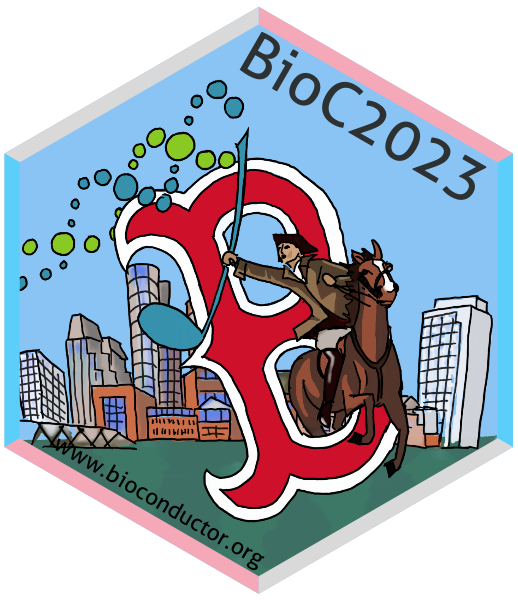
The BioC2023 hybrid conference took place in Boston, MA, Dana Farber Cancer Institute.
See Conference Information for details.
.
Mark your calendar |
Bioconductor Mastodon feed |
|---|---|
|

